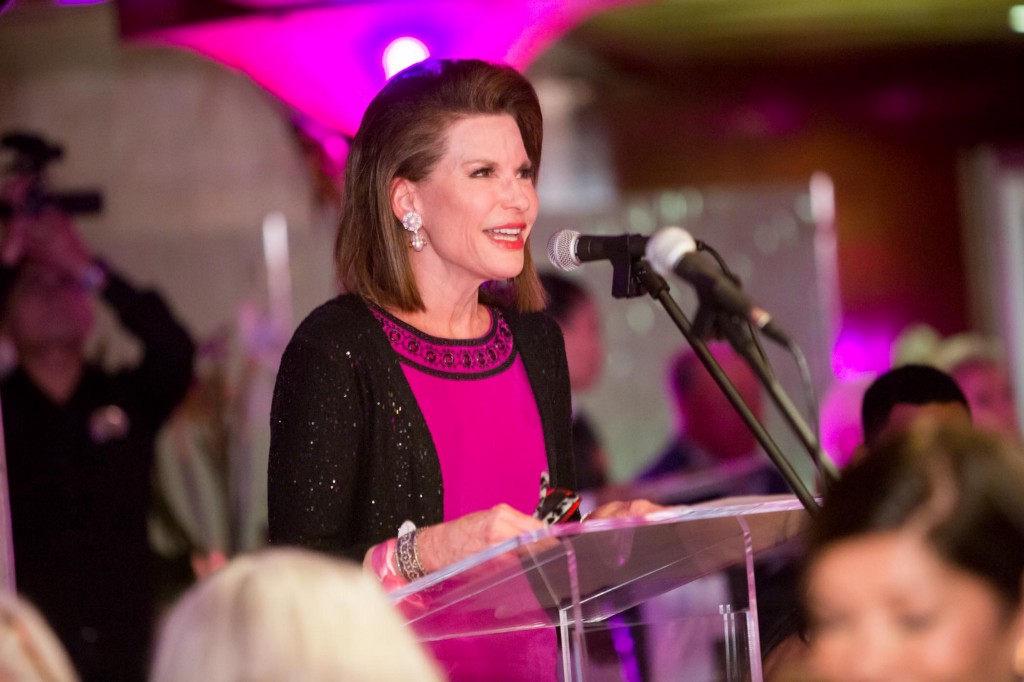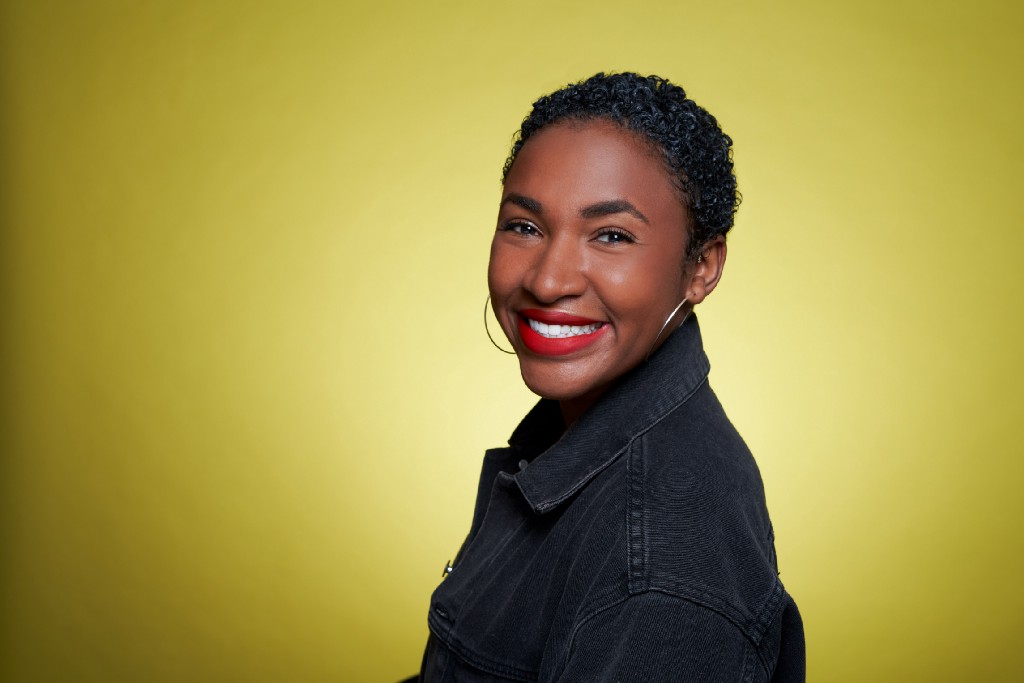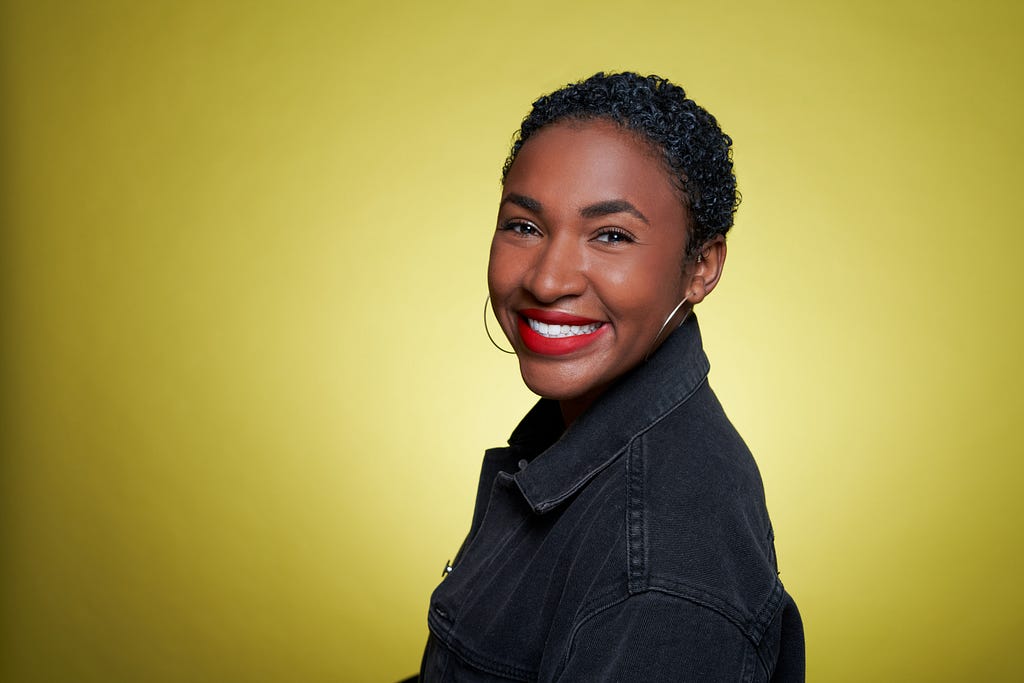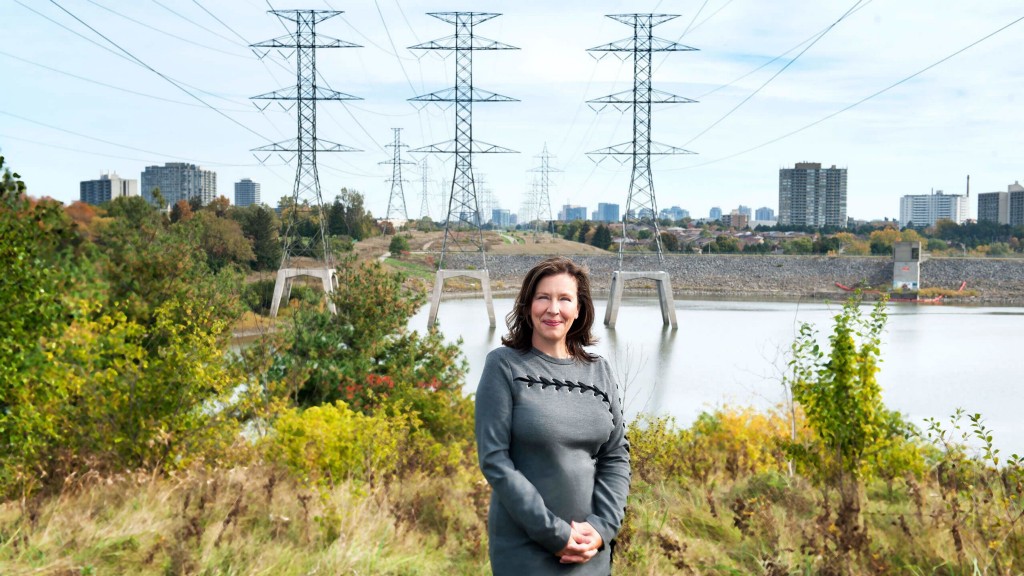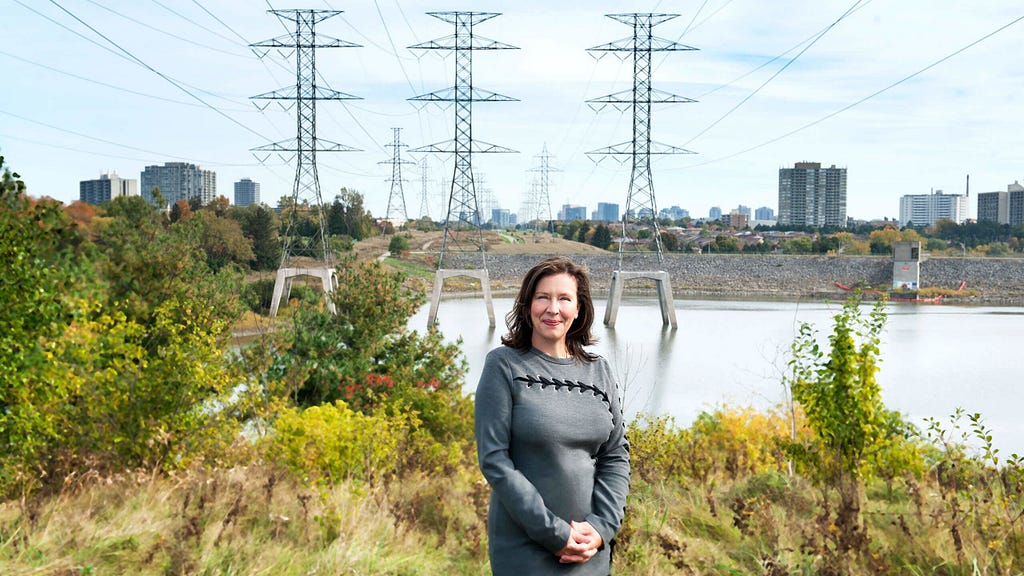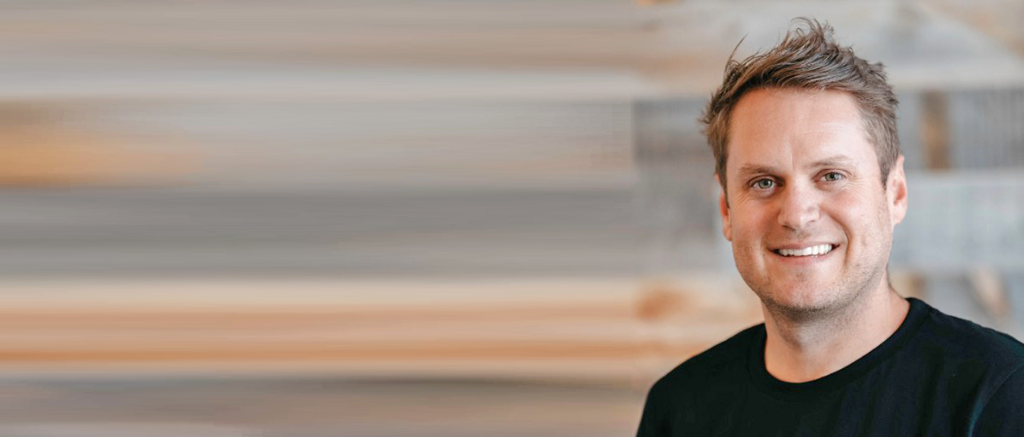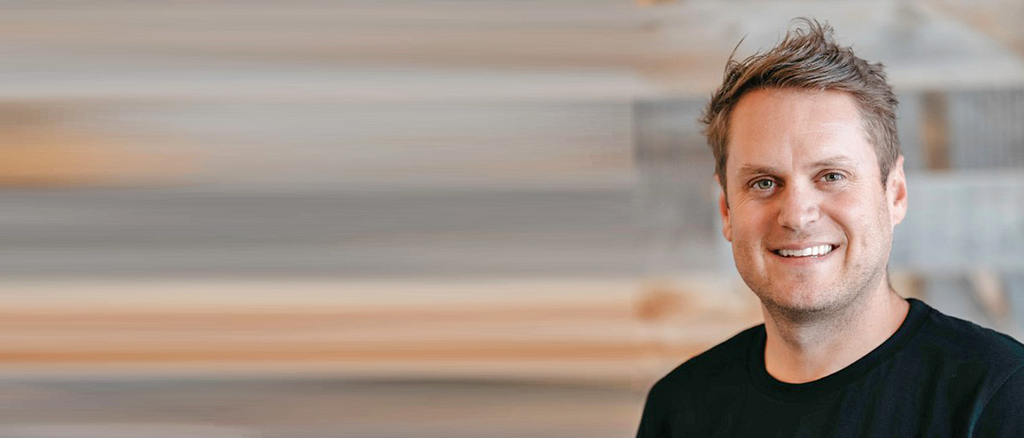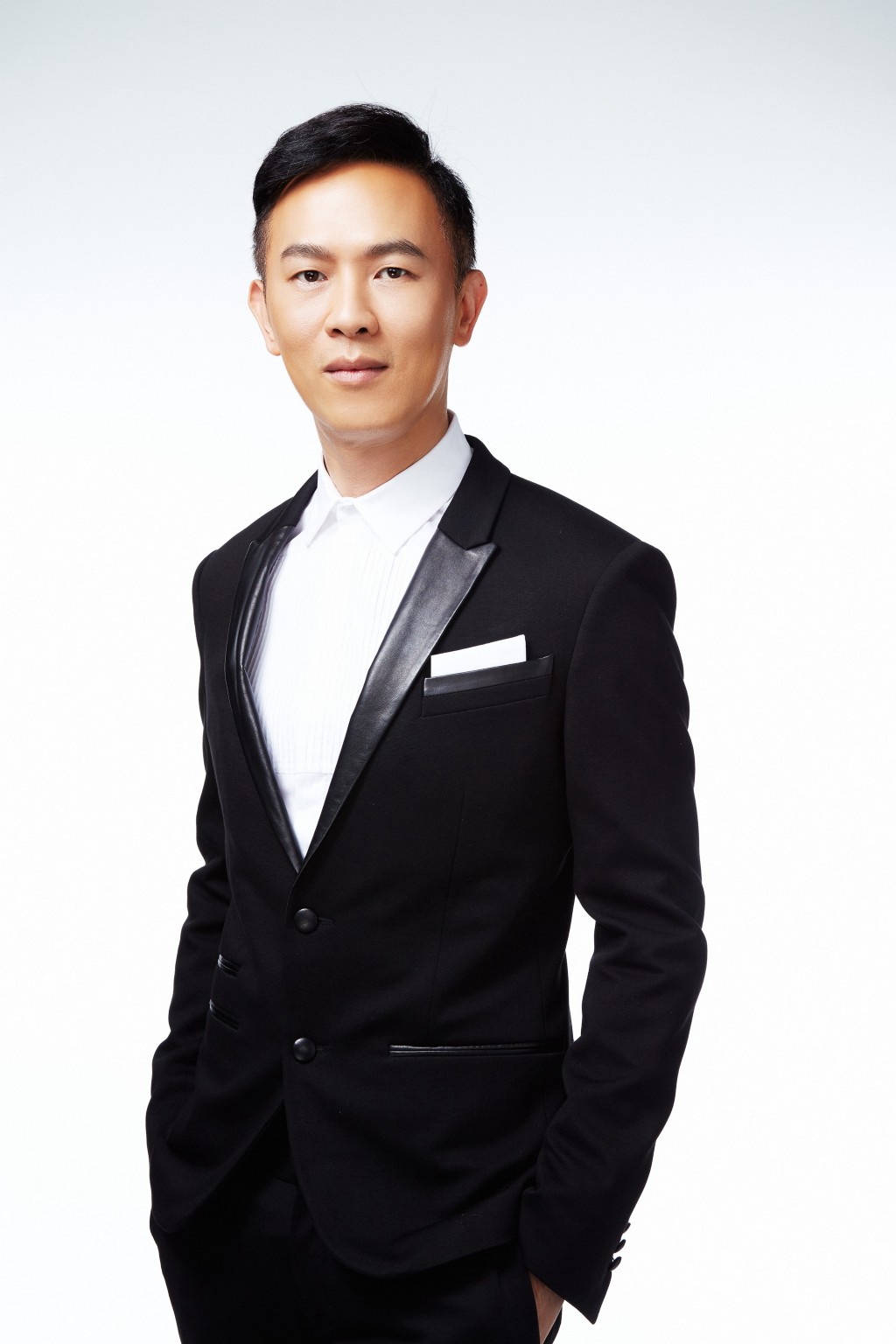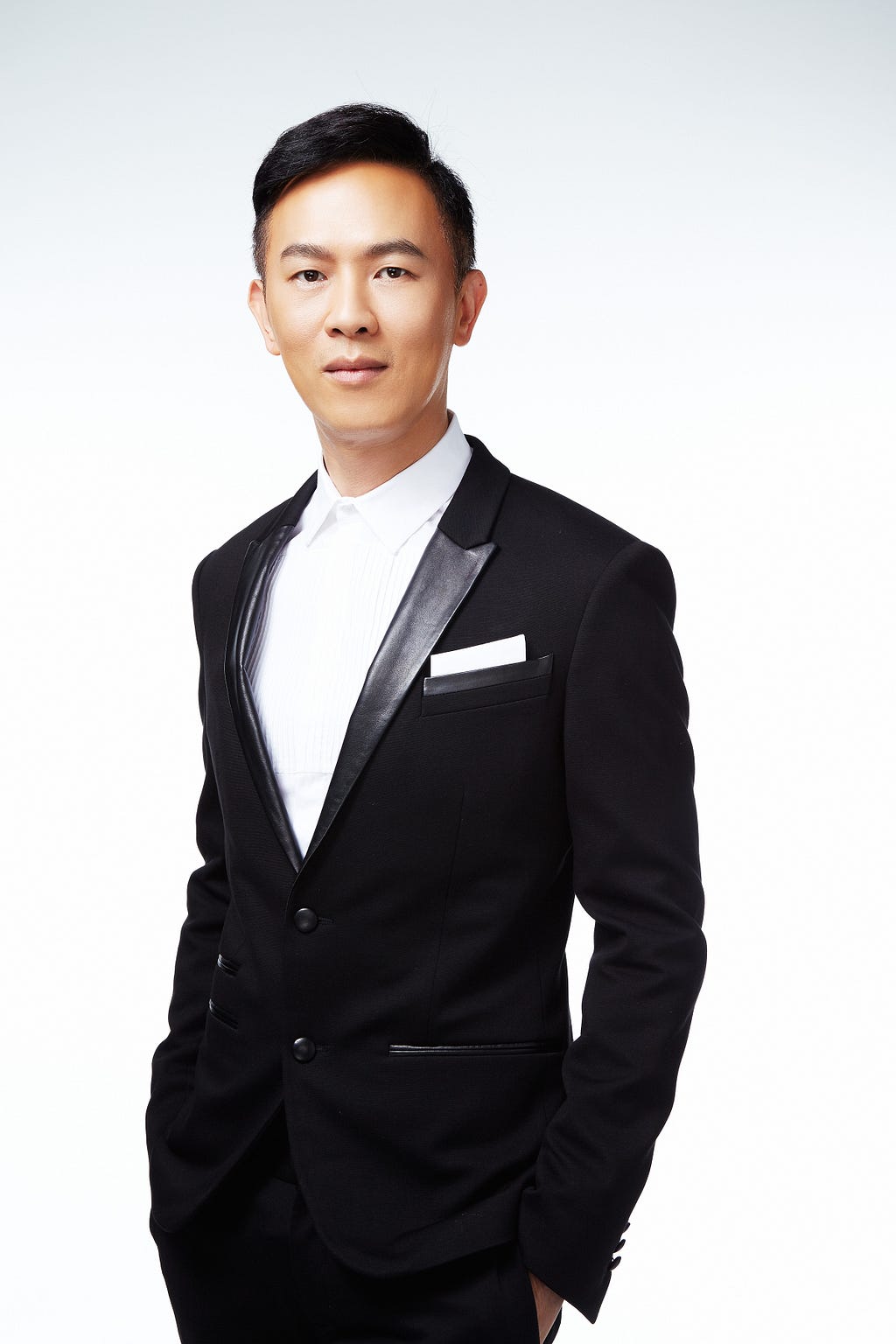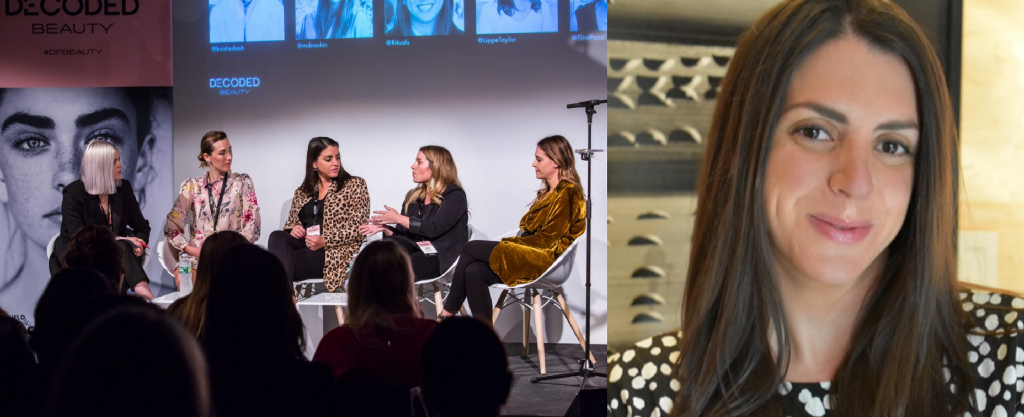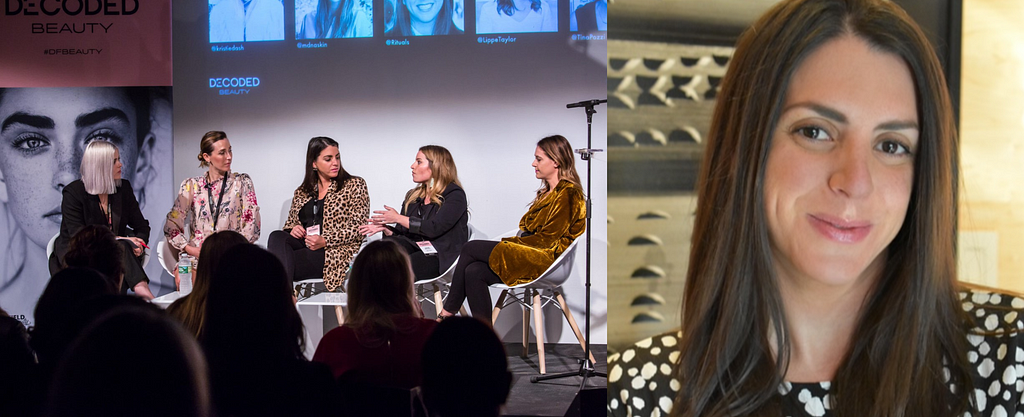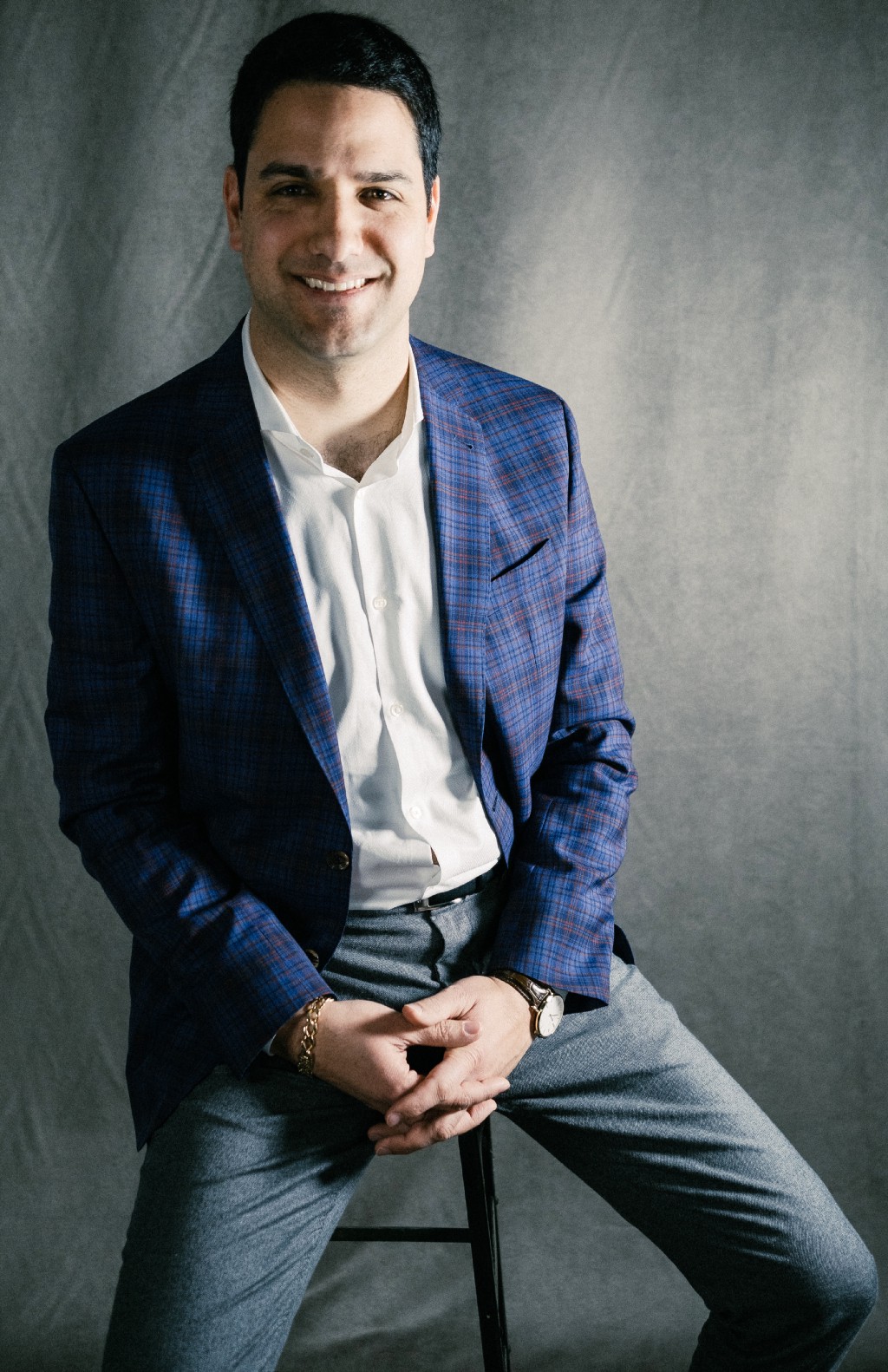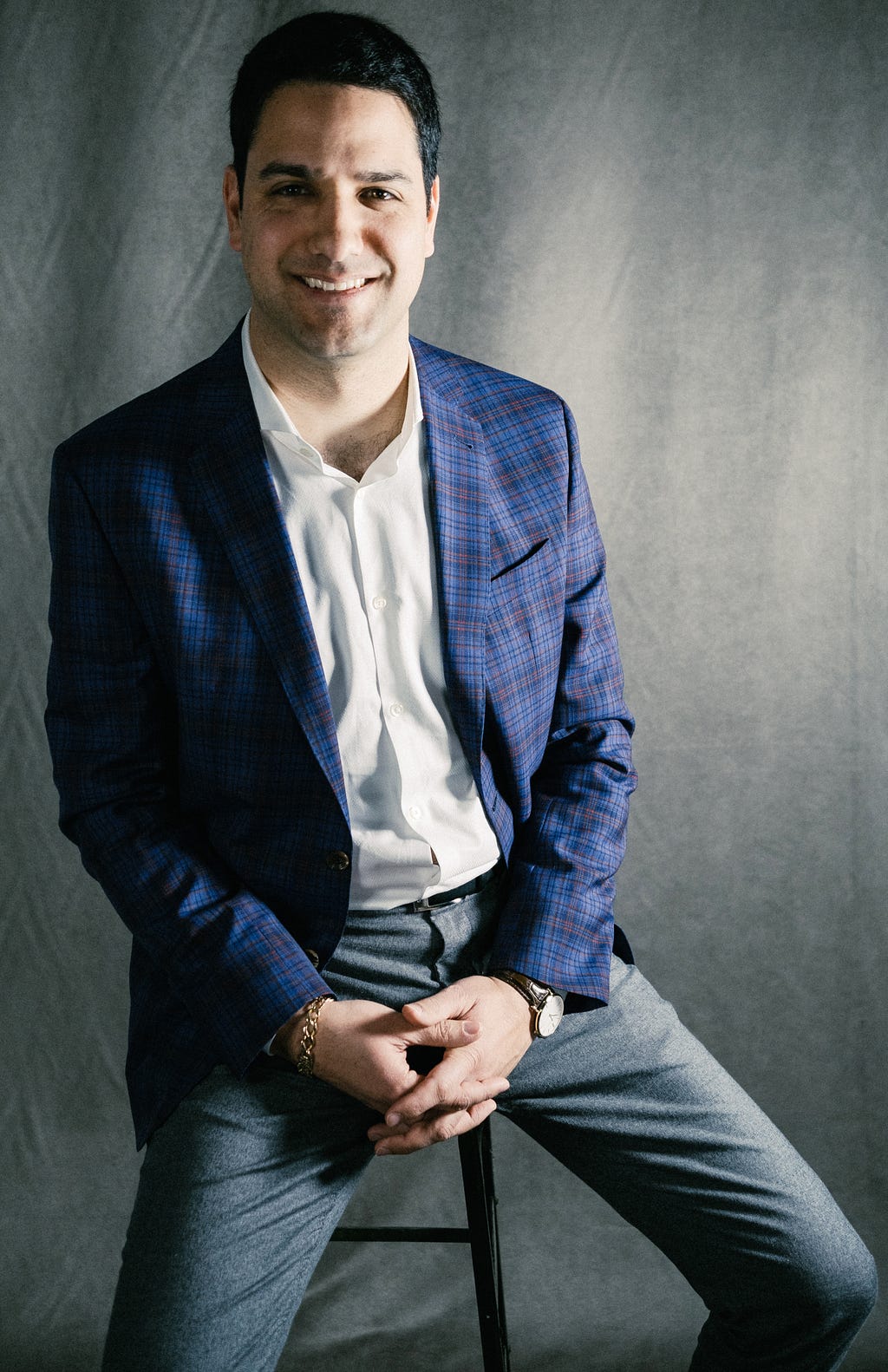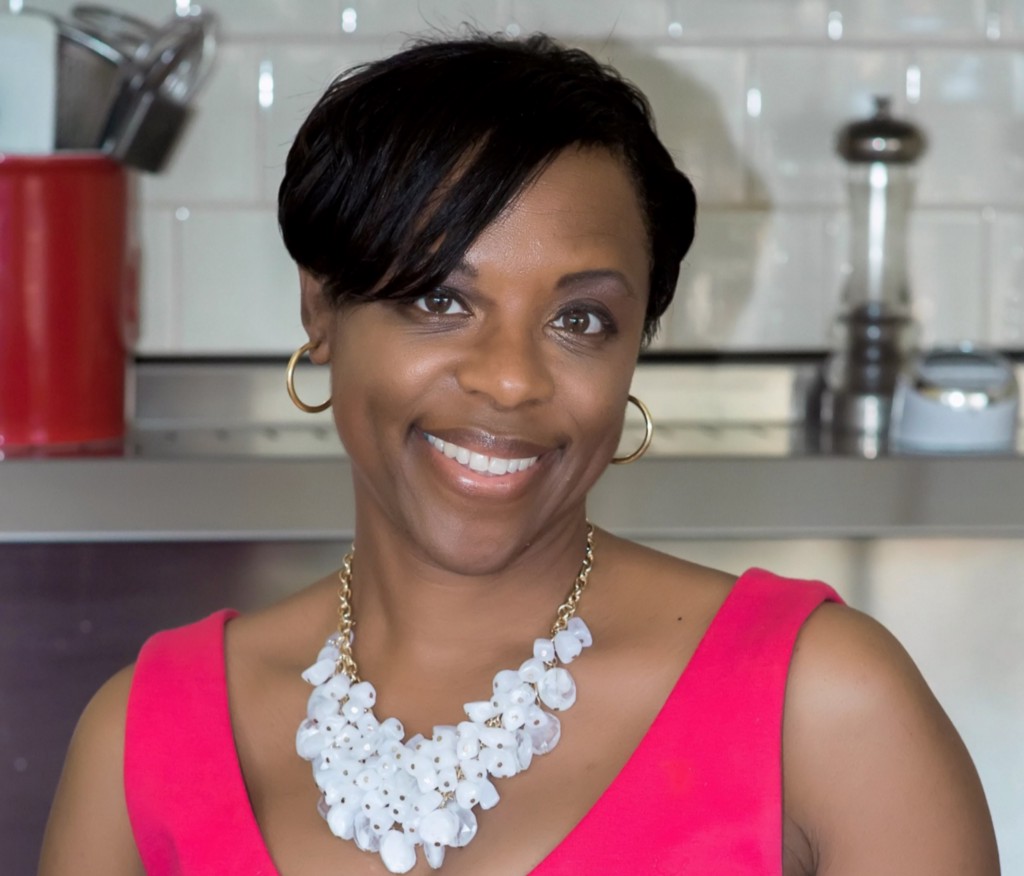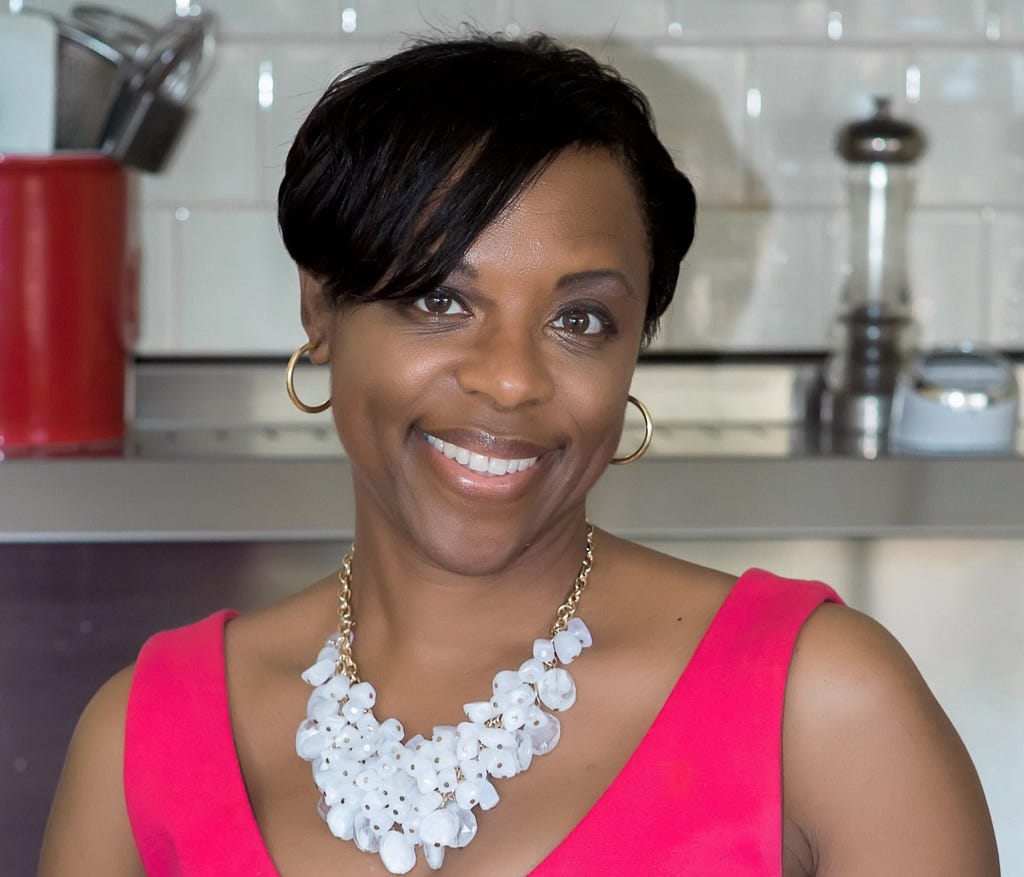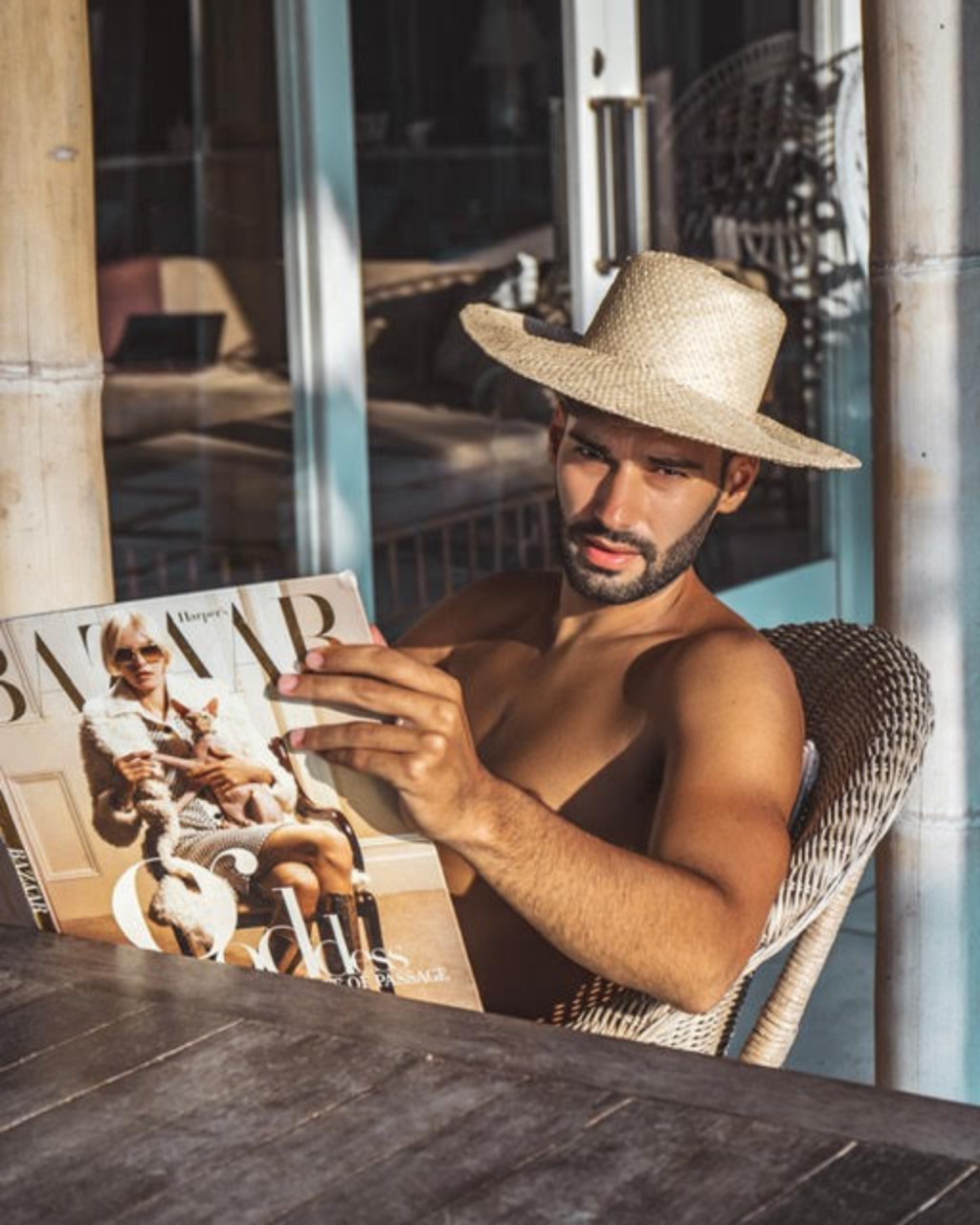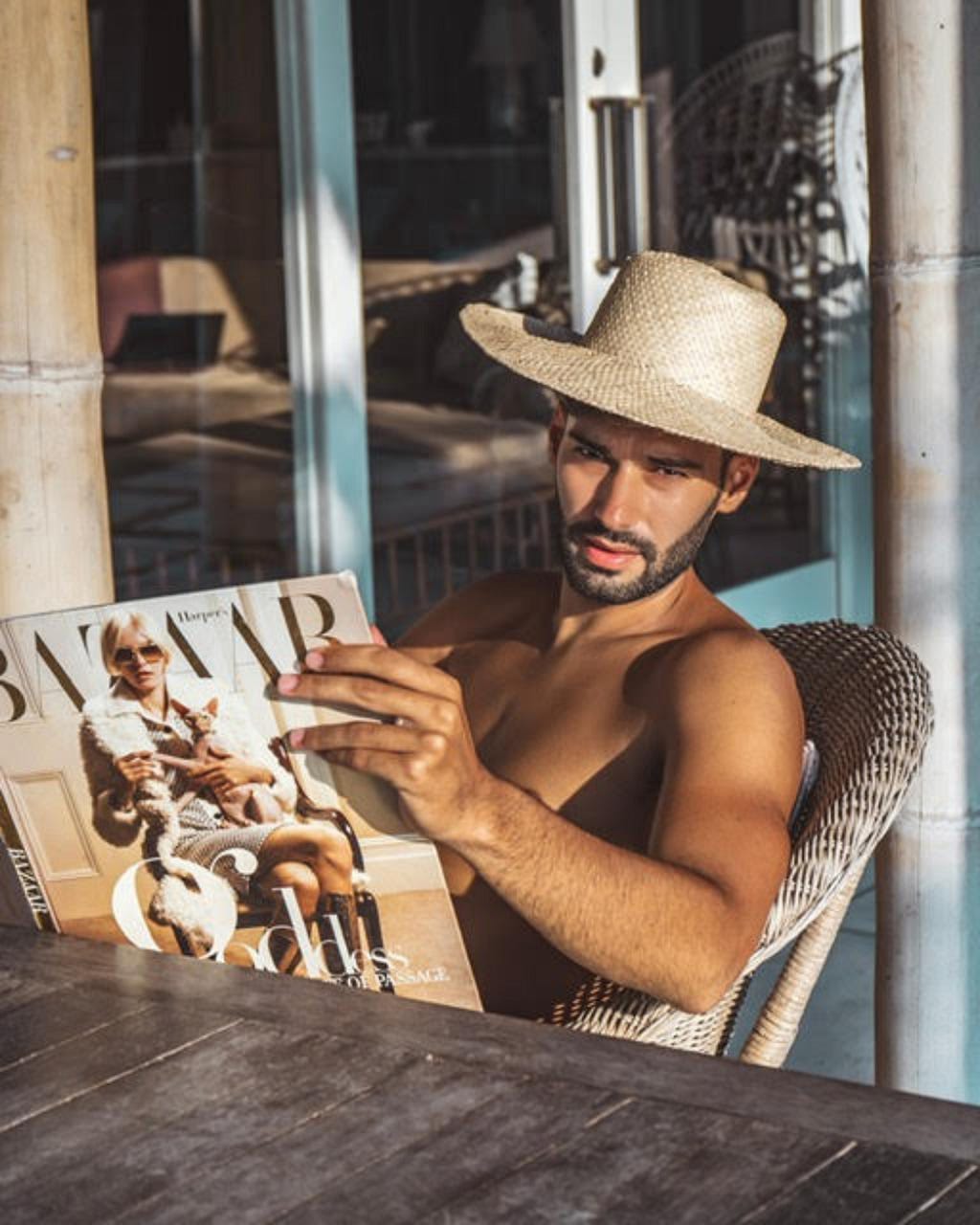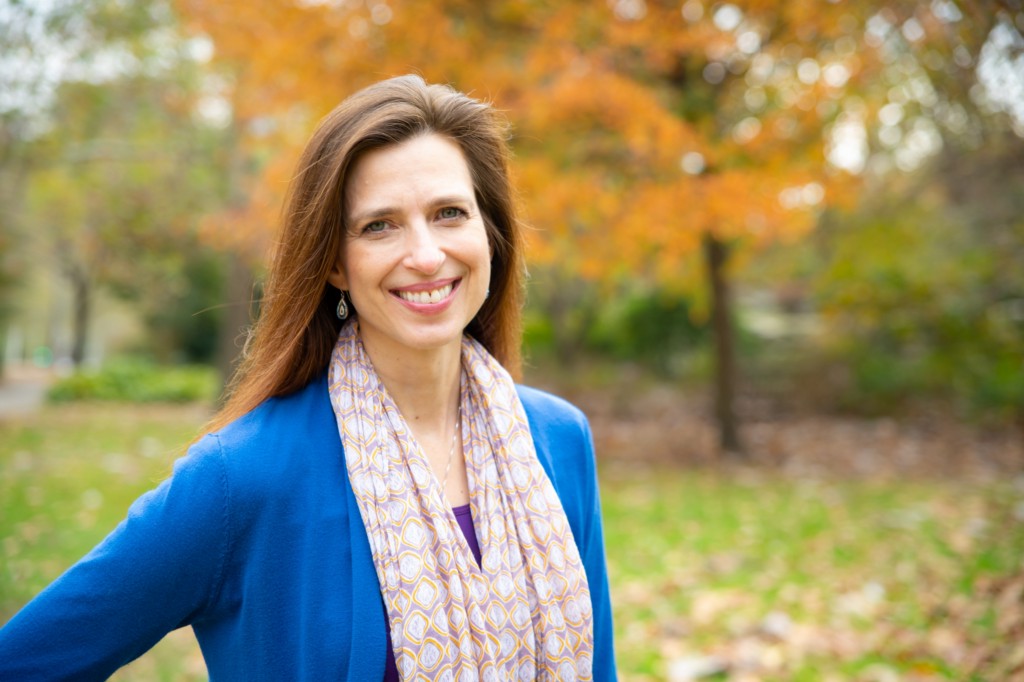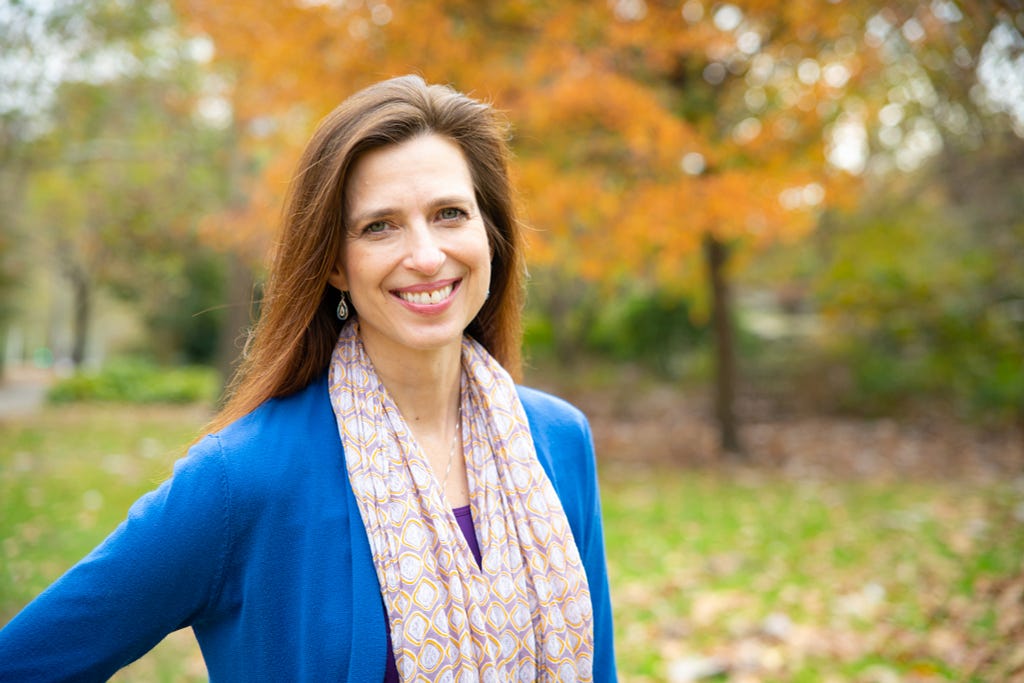Susan G. Komen Founder Nancy Brinker: Nothing feels more satisfying than accomplishing the “impossible!”
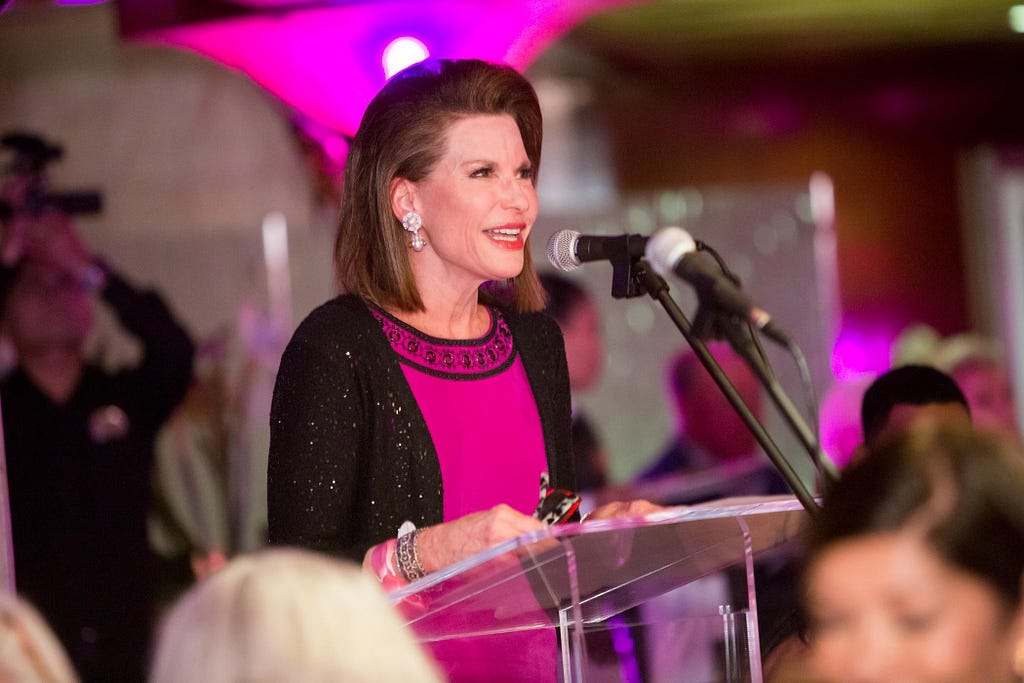
In order to be successful as an executive, there are a number of core qualities one typically has, they are typically very driven by either passion or the need to seek accomplishment. CEOs also have the ability to recognize the strengths of others and leverage that for the good of the individual and the company. Nonprofit CEOs often live a life of passion, and measure their success not by what they have, but how they feel in their soul. And finally, they tend to be a little rebellious with an inability to quit. When I started Komen, I was told what I wanted to accomplish was not possible. When someone tells me it can’t be done — it becomes my rallying cry. Nothing feels more satisfying than accomplishing the “impossible!”
As a part of our series about strong women leaders, I had the pleasure of interviewing Nancy Brinker.
Nancy G. Brinker is a three-time Ambassador and New York Times best-selling author, founder of Susan G. Komen, who is regarded as the leader of the global breast cancer movement. She was awarded the Presidential Medal of Freedom from President Barack Obama, and was named Goodwill Ambassador for Cancer Control for the United Nations’ World Health Organization. Brinker also spearheaded creation of The Promise Fund, a revolutionary initiative aimed at connecting cancer care providers with vulnerable populations in South Florida to reduce late-stage diagnosis and death from breast and cervical cancer.
Thank you so much for doing this with us Nancy! Before we dig in, our readers would like to get to know you a bit more. Can you tell us a bit about your “backstory”? What led you to this particular career path?
What led me to my long road in cancer, which is now reaching 40 years, was when President Nixon passed the National Cancer Act in 1971. He assembled a powerful committee of leaders and declared war on cancer, and I was inspired. Six years later my older sister Suzy was diagnosed with breast cancer and she died in 1980, at the young age of 36. I was by her side through three brutal years of surgery, chemotherapy and radiation. I promised my sister I’d do everything I could to stop the heartless progression and social stigma of this disease, even if it took the rest of my life. And it has.
Can you share the most interesting story that happened to you since you began leading your company?
I have so many stories — but one of the most interesting and impactful to me was when we were celebrating the 20th anniversary of Susan G. Komen in Rome, Italy. When I stood on the platform to welcome the crowd, it was a sea of more than 80,000 people gathered from all over the world. It was breathtaking. It reminded me of a quote from Margaret Mead: “Never doubt that a small group of thoughtful, committed citizens can change the world; indeed, it’s the only thing that ever has.”
Not only did this celebration bring people together to fight the disease, it was a gathering place where thousands of women could receive screenings and desperately needed resources. I said to myself, “Sister, I hope you’re proud. We made this a global event.”
Can you share a story about the funniest mistake you made when you were first starting? Can you tell us what lesson you learned from that?
My husband asked me not to call his friends for money when I was first starting Susan G. Komen as he was starting out and trying to find investors. The next day, I called all his friends! And they were so generous and they never stopped giving. I learned that if you’re truly passionate about a cause, those who love, and believe in you will absolutely support you.
None of us are able to achieve success without some help along the way. Is there a particular person who you are grateful towards who helped get you to where you are? Can you share a story about that?
So many people have inspired me through their own perseverance, strength and commitment, but none more so than my parents and my husband.
My mother, Ellie Goodman, was a Girl Scout leader and community activist, who lit up rooms with her vibrant smile and lived her faith with daily acts of loving kindness. Mom was a fundraising marvel, part of the army of everyday people who supported scientists in their search for a polio vaccine in the 1950s. Trooping along with her, Suzy and I witnessed the powerful chemistry of caring and action, and it shaped our lives. My father taught me persistence — he encouraged me, and showed me that despite my learning disability, I was not dumb and shouldn’t quit what I’m passionate about.
My husband, Norman Brinker, believed in me, in my mission and supported me throughout. I would not have been able to find my success without him. As we both strived for success, it became apparent that it also shaped my son, Eric’s, life. He witnessed our drive and determination and that has made him the person he is today.
In my work, I often talk about how to release and relieve stress. As a busy leader, what do you do to prepare your mind and body before a stressful or high stakes meeting, talk, or decision? Can you share a story or some examples?
Mental and physical preparation are important to prepare yourself for any challenge.
Every day, I try to wake up and tell myself that I’m going to accomplish something — and then do whatever it takes to achieve that daily goal. It’s a lot of self-encouragement, and sometimes that’s hard, and remind myself I’m lucky to be an American and live in a country where I can achieve my dreams by helping others.
I’ve also always prioritized exercise as a way to clear my head and give me the energy I need for the day. These days, I walk every morning for an hour before I begin my day. I also love boxing!
As you know, the United States is currently facing a very important self-reckoning about race, diversity, equality and inclusion. This may be obvious to you, but it will be helpful to spell this out. Can you articulate to our readers a few reasons why it is so important for a business or organization to have a diverse executive team?
Through my work at the Promise Fund of Florida, we are primarily helping women with health and economic disparities who don’t have access to healthcare benefits that their white counterparts do. It is extraordinarily important that these women are represented through our executive leadership and staff. We cannot be an effective organization, if we’re not inclusive of the perspectives of the people we are trying to serve. This remains a top priority for our organization and we’re hoping to continually expand our diversity through our leadership presence.
As a business leader, can you please share a few steps we must take to truly create an inclusive, representative, and equitable society? Kindly share a story or example for each.
One important step toward creating a more inclusive society is taking the time to understand different cultures and religions. Until you understand how somebody else feels, you can’t expect them to understand how you feel. When we are able to come together to work to solve problems, you begin to really understand what everyone is feeling. As Stephen Covey, famous inspirational author, says seek first to understand, then to be understood.
Ok, thank you for that. Let’s now jump to the primary focus of our interview. Most of our readers — in fact, most people — think they have a pretty good idea of what a CEO or executive does. But in just a few words can you explain what an executive does that is different from the responsibilities of the other leaders?
A CEO of a nonprofit organization helps honor the mission and vision of an organization. To be successful, they must be extraordinarily passionate about the cause and infuse that enthusiasm into every member of the organization.
What are the “myths” that you would like to dispel about being a CEO or executive. Can you explain what you mean?
Myth: I am the Commander in Chief
Fact: Effective CEOs are servant leaders; they do not perceive themselves to be better than others.
Myth: Because I am a CEO, I am creating an impact.
Fact: Everyone should be judged by the outcome of their work. Have you made a difference in the lives of the people you are serving? Did you do what you promised to do?
Myth: As CEO, I will only execute on decisions that I agree with.
Fact: Many CEOs must express the will of their board, and sometimes that means executing decisions that you don’t entirely agree with, but that is part of being a team player.
Myth: As CEO, you are often lauded for the work of your company or organization.
Fact: As CEO, you are responsible for every mistake and need to stand up and take the fall when things don’t go as planned.
In your opinion, what are the biggest challenges faced by women executives that aren’t typically faced by their male counterparts?
More is demanded of female executives, we are held to a higher standard than our male counterparts in every facet — from our looks to our demeanor. If we’re not well-dressed at all times, we are criticized; if we take a strong position on a matter, we’re perceived as tough or mean. And while all this is happening in the workplace, women are still the principle caregivers at home. It’s a tough balancing act, even on a good day.
What is the most striking difference between your actual job and how you thought the job would be?
Because of my family’s background in philanthropy, I knew what I was getting into. I want to be the person who inspires others to keep them going every day, whether that’s my team or the women we serve. A big part of my job is asking others for help and in order to do that, you have to give a lot back and support those who are supporting you. You can’t expect people to do things for you and not be there for them, too. That means serving on the boards of other organizations and contributing to the community as a whole.
Certainly, not everyone is cut out to be an executive. In your opinion, which specific traits increase the likelihood that a person will be a successful executive and what type of person should avoid aspiring to be an executive? Can you explain what you mean?
In order to be successful as an executive, there are a number of core qualities one typically has, they are typically very driven by either passion or the need to seek accomplishment. CEOs also have the ability to recognize the strengths of others and leverage that for the good of the individual and the company. Nonprofit CEOs often live a life of passion, and measure their success not by what they have, but how they feel in their soul. And finally, they tend to be a little rebellious with an inability to quit. When I started Komen, I was told what I wanted to accomplish was not possible. When someone tells me it can’t be done — it becomes my rallying cry. Nothing feels more satisfying than accomplishing the “impossible!”
What advice would you give to other women leaders to help their team to thrive?
Never ask someone to do something you won’t do. Showing you’re just as committed to the cause as your team is critically important. People want to be inspired by their leaders.
What are your “5 Things I Wish Someone Told Me Before I Started” and why? (Please share a story or example for each.)
- Never quit. There will be many challenges along the road, but that is no reason to quit on your dream.
- Focus, focus, focus. Without focus, it can be difficult to accomplish the goals you’ve set out to achieve.
- Jointly settle on clear cut goals and praise everyone often. This is important to ensure your team is on the same page, and feel acknowledged and rewarded for their contributions
- If something isn’t working out, don’t be afraid to change direction. Sometimes we are too worried to accept a failure, but once we do, we can find the success we’re looking for.
- Do not be afraid to ask a question or be curious. It is curiosity at the end of the day that solves the problem. Things will take longer, be harder, and be full of times when you think you have solved a problem when in fact you have to start over.
Can you please give us your favorite “Life Lesson Quote”? Can you share how that was relevant to you in your life?
“One never notices what has been done; one can only see what remains to be done,” Marie Curie.
Is there a person in the world, or in the US with whom you would love to have a private breakfast or lunch with, and why? He or she might just see this if we tag them.
Marie Curie is unquestionably my hero for her discovery of radium and polonium. During the first World War she developed small x-ray units that could be used to diagnose injuries near the battlefront. She was the only woman to win the Nobel prize two times.
Susan G Komen Founder Nancy Brinker: Nothing feels more satisfying than accomplishing the “impossib was originally published in Authority Magazine on Medium, where people are continuing the conversation by highlighting and responding to this story.


